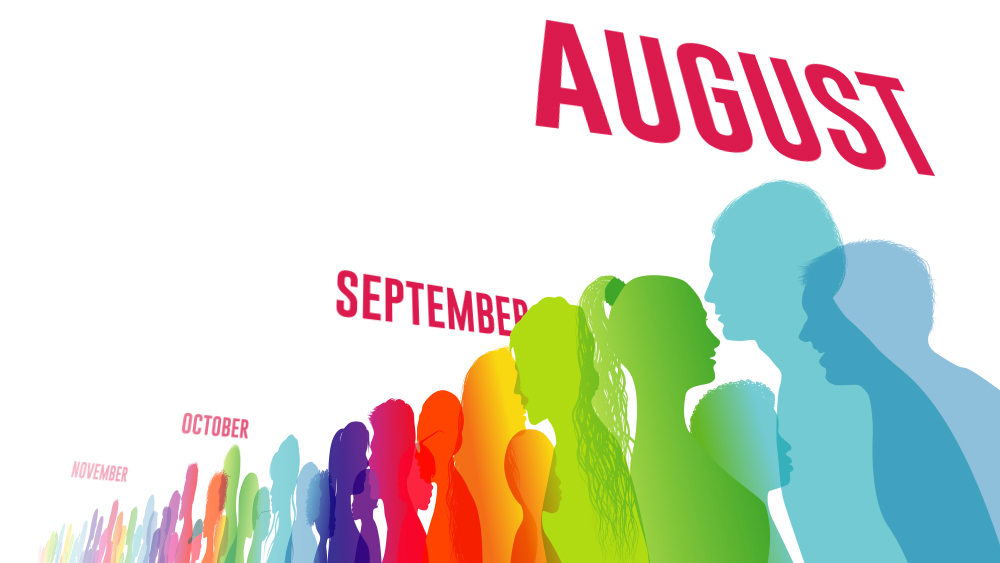- An Alliance For Community Action
- (970) 256-7650
- info@WesternColoradoAlliance.org
Deep listening and getting out the vote
On June 1, 2022 the Western Colorado Alliance community organizing team held our first public deep listening training not knowing what the summer had in store. We believed in the work and were excited to get going, but we were taking a step into the unknown. Our team was teaching interested members the art of hearing different viewpoints and asking questions to truly understand community members who are traditionally not heard.
No one has engaged in this type of work on the Western Slope before and few organizations across the nation have truly deeply listened in their communities. Almost four months later, our team has knocked more than 1,000 doors across Mesa, Montrose, and Garfield Counties, engaging over 200 people in conversation. We have been blown away by the amazing positive response from West Slope residents who are willing to share their stories with us. The deeper understanding of the issues that impact our communities at a local level and the relationships we’ve built through this process are invaluable to our mission of building healthy, just, and self-reliant communities across the Western Slope. And this is only the beginning!
Understanding what issues are impacting our neighbors at a local level is key to a targeted Get Out the Vote (GOTV) effort this year. As we’ve heard across Mesa, Montrose, and Garfield Counties, people are struggling with issues like affordable housing, economic insecurity, substance abuse and addiction, safety, and support for youth. Multiple regional and statewide ballot measures in the upcoming election relate to these issues. As the midterm election approaches, we’ll reach back out to folks we’ve listened to ensure they are informed on these measures and allow them to make the connection between the issues impacting them most and how select ballot measures could address these issues. This is known as deep canvassing, a method by which canvassers speak with voters and guide them to vote in their self interest through self-persuasion. In-depth research from the 2016 election shows deep canvassing conversations have effects that last 36 weeks, and that they are 102 times more persuasive for an individual compared to traditional outreach methods such as TV ads or flyers.
In our Alliance’s case, deep canvassing helps people vote with their self-interest by breaking down partisan barriers and providing education around the ballot measures. We’ll also use what we’ve learned from listening to strategically endorse propositions in traditional GOTV canvassing.
For example, affordable housing is a concern in all of our communities. Proposition 123: Dedicate Revenue for Affordable Housing Projects was designed to address affordable housing problems across Colorado. Prop 123 would allocate funding for affordable housing programs by reserving a portion of state income tax revenue. Programs would include land banking, affordable housing development assistance, equity investments to benefit renters, home ownership and down-payment assistance programs, rental assistance and eviction protection to address homelessness, and grants to support local government planning departments. Prop 123 is funded by reserving 0.1% of individual and corporate income tax and will have minimal impact on tax refunds for low- and middle-income earners. An individual making the state median of $58,000 would contribute about $12 to the fund.
Another, statewide measure we will be talking about is Proposition FF: Healthy School Meals for All. Passing Prop FF would provide access to free meals for all public schools in Colorado. It would also increase compensation for those who prepare and serve school meals and incentivize offering local foods on school menus. Funding for the program would come from reducing income tax deduction amounts for those earning over $300,000 annually. The tax revenue generated by this is estimated at just over $100,000,000. Last year there were over 886,000 children enrolled in Colorado public schools (preschool through 12th grade). Ensuring all these children are fed alleviates financial and temporal strains on parents and guardians, removes stigma and barriers for students currently eligible for free and reduced meals, and helps kids keep their focus on their education.
Lastly, we will also look at the local measures that are on the ballot. For example Grand Junction has three such measures: A 1% increase to the city’s 6% lodging tax to fund affordable housing, an 8% tax on short-term rentals to fund affordable housing, and a change to the city’s charter allowing 99-year leases of city land for residential use. We want our community to be informed on the issues that relate to them, so that they have the power to make the changes they want to see.
Finally, our last method for deep canvassing is through neighborhood meetings. We intend to facilitate small neighborhood meetings beginning in late October to bring together residents with common interests to meet their neighbors, have a group discussion about local issues, and begin to develop potential solutions to those issues. We will share information about these two statewide propositions and any relevant local measures with the group and discuss the benefits if they were to pass. The small setting allows for more in-depth conversations about the measures and provides another avenue to deep canvass with county residents.


